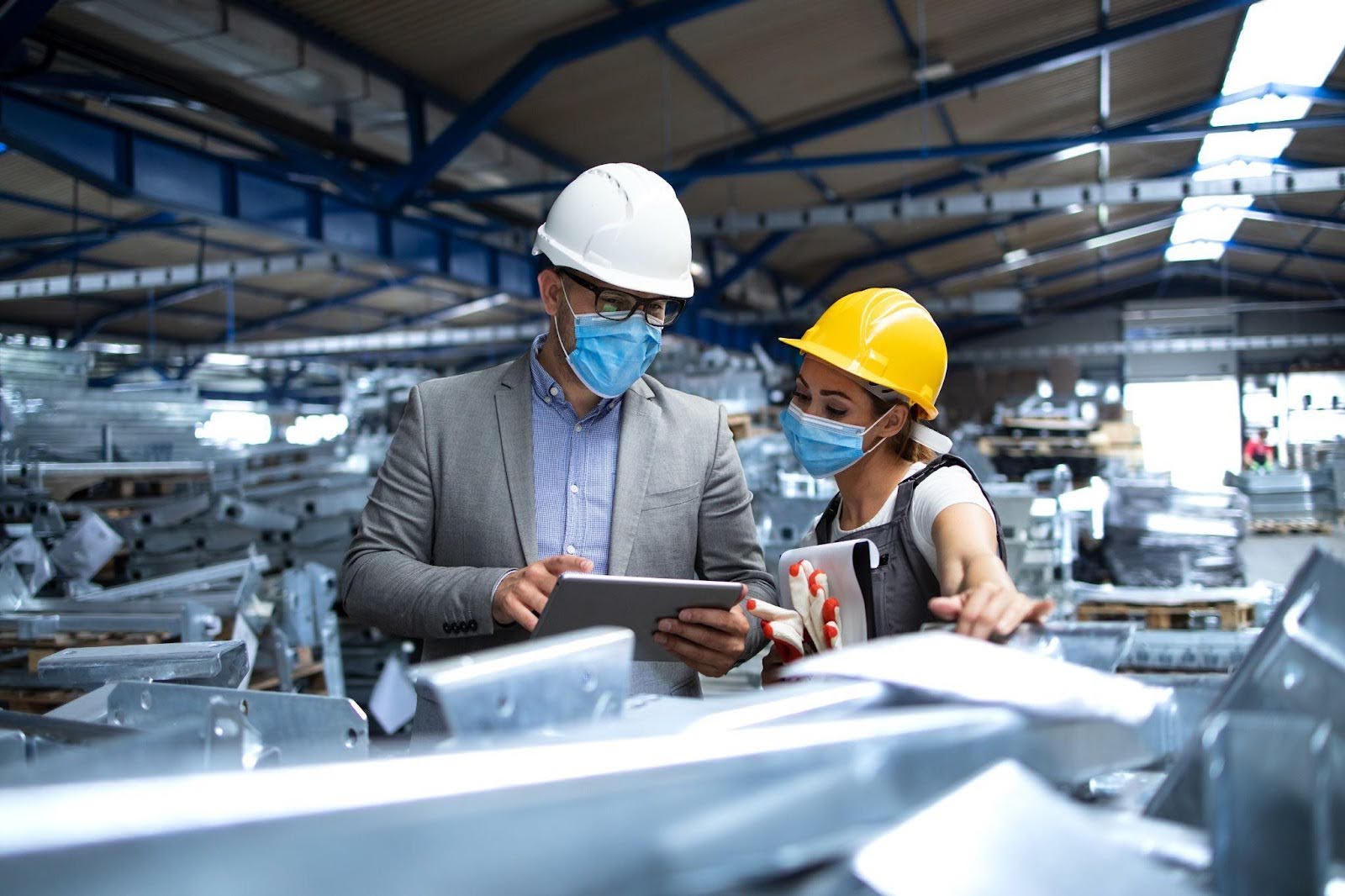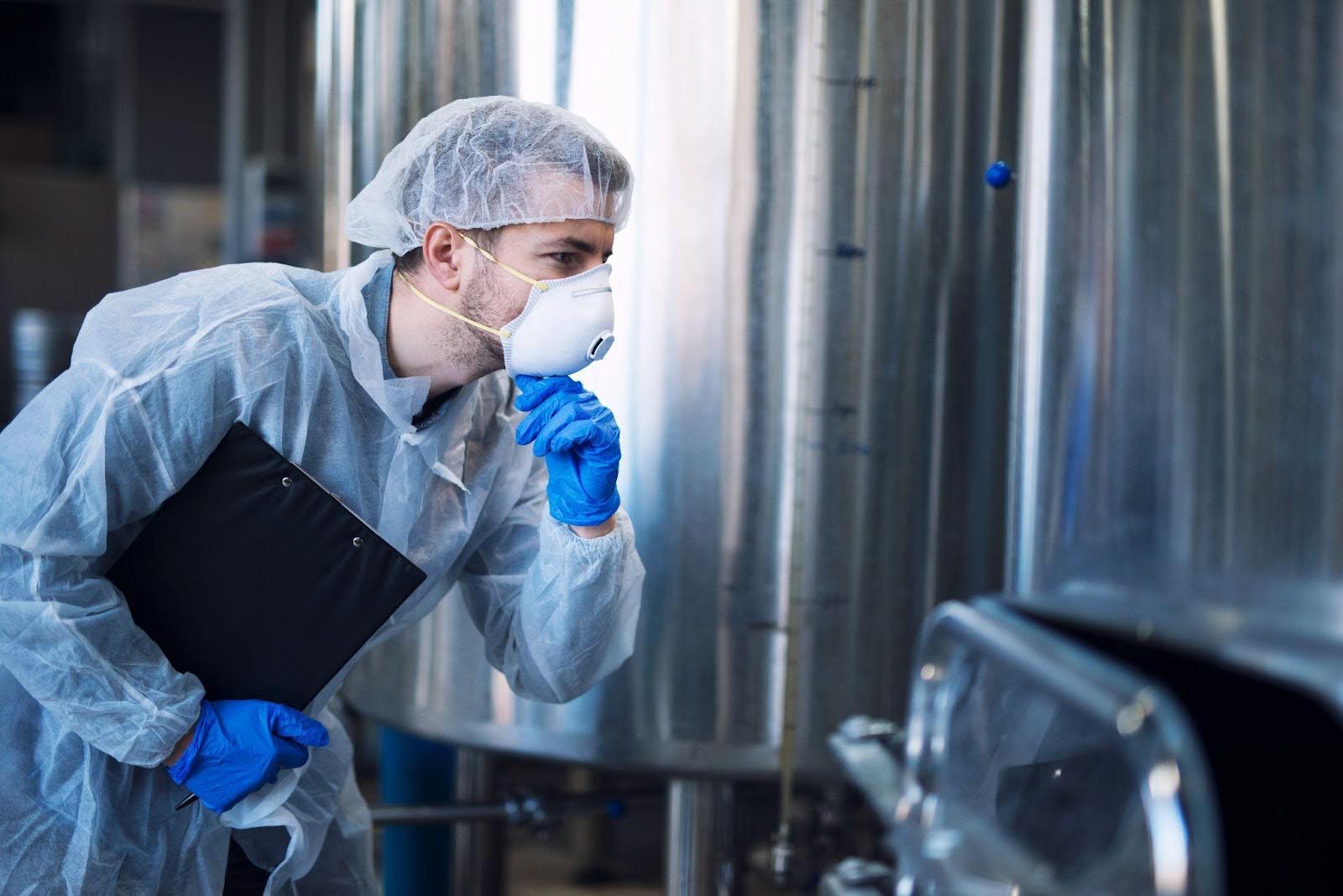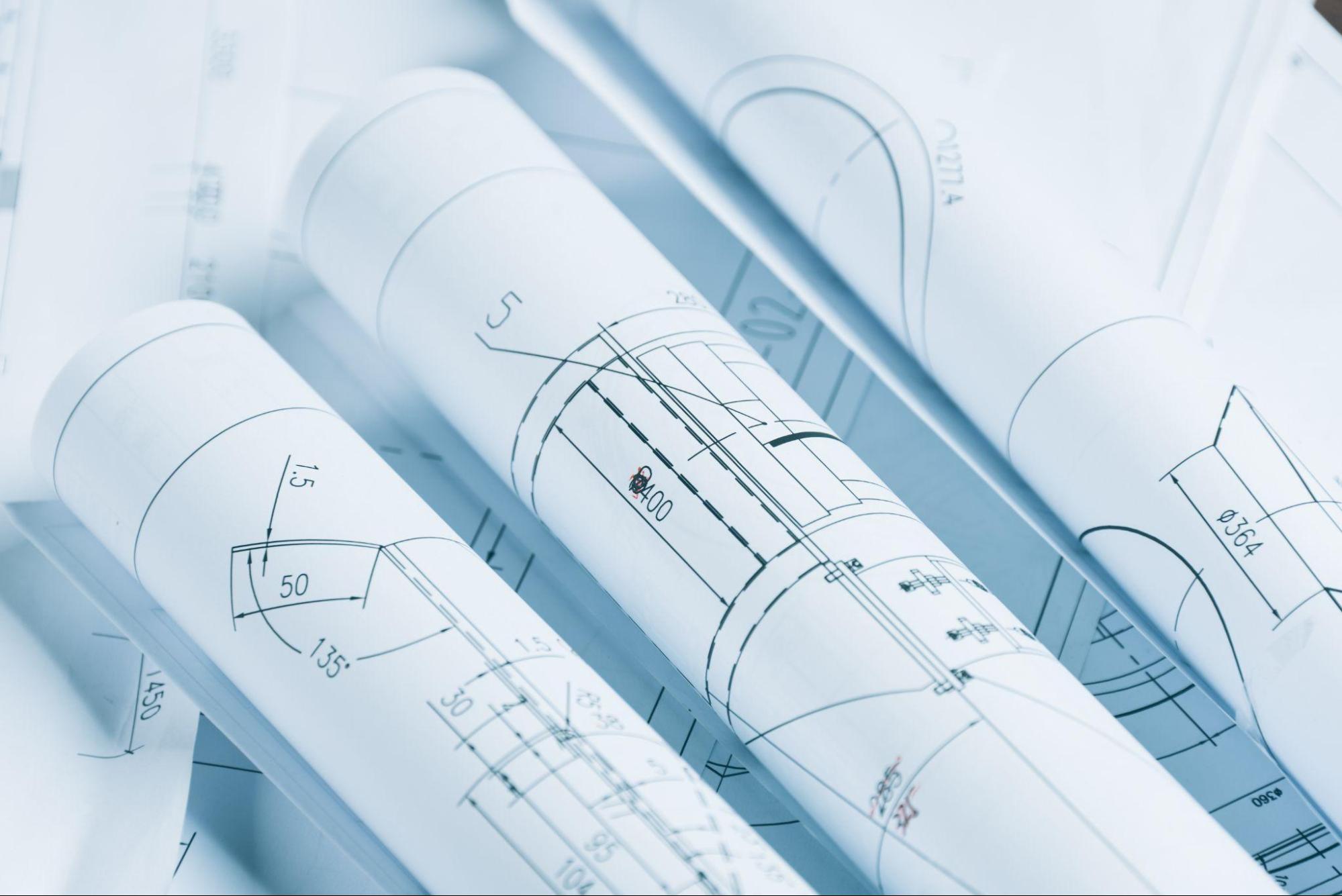As with most manufacturing sectors, ensuring workplace safety and health is a predominant concern within the powder handling industry. From the bustling floors of food processing equipment to the controlled environments of chemical industries, maintaining rigorous safety protocols is not just an obligation but a necessity.
Safety and Health Challenges in Powder Handling Environments
Health and safety are always top priorities in manufacturing, but when it comes to handling powder and other granulated ingredients, the safety and health risks are often difficult to manage. Numerous workplace hazards exist in powder-handling environments, disrupting operations and endangering lives.
Dust Explosions
Among multiple possible workplace hazards, dust explosions stand out as particularly ominous threats, with the potential to cause extensive devastation within seconds. Dust explosions can occur when there is a buildup of combustible dust particles, either within or surrounding an enclosed powder processing system. These dust explosions can unleash high-pressure airwaves when ignited, leading to potential explosions within the bulk powder handling equipment. The explosion not only inflicts significant damage to the environment but also poses severe risks to the safety of workers.
Respiratory Hazards
Airborne particles in powder handling systems constitute significant respiratory hazards to workers, including respiratory irritation, coughing, and shortness of breath. In fact, according to a paper published in EAACI, the inhalation of food-derived materials during food-handling activities is responsible for up to 25% of occupational asthma and rhinitis.
Chemical Exposures
Chemical exposures in powder handling environments pose inherent risks to worker health and safety, including carcinogenicity, acute toxicity, skin irritation, and respiratory issues from substances like ammonia, sulfuric acid, or hydrogen cyanide. These chemicals can cause severe health effects, including burns, respiratory problems, and may even contribute to the risk of developing cancer.
Effective Practices to Ensure Worker Safety
Despite the challenges, proactive measures can be implemented to alleviate risks, ensuring the well-being of workers and the effectiveness of operations. Adopting adequate workplace safety and health control measures is crucial when safeguarding workers in powder handling systems. Comprehensive personal protective equipment (PPE) shields employees from hazards by providing physical barriers and respiratory protection.
Additionally, investing in top-of-the-line equipment sourced from reputable food processing equipment manufacturers such as Pneu Powders Systems is vital to guard against breakdowns and failures and make operating machinery safer for your staff. For instance, high-quality milk powder processing equipment should be equipped with sanitary, dust-free and ATEX-rated systems to prevent dust explosions.
Our Current Efforts in Securing Workplace Safety and Health
As part of our commitment to excellence, we employ rigorous methodologies such as Design Failure Mode and Effects Analysis (DFMEA). This proactive approach allows us to systematically identify and address potential failure modes within our systems, including the risk of explosions.
By conducting DFMEA, we meticulously evaluate each component and aspect of our systems to reduce risks and enhance safety measures. Through this comprehensive analysis, we reinforce our dedication to creating explosion-proof systems that prioritise the well-being of our employees and the integrity of our operations.
Environmental Safety Measures
Beyond safeguarding the well-being of workers, powder handling practices must also uphold environmental safety standards by ensuring the safe handling of materials, proper waste disposal, and adherence to emissions and pollution control regulations.
The release of substances during powder handling, such as carcinogenic compounds and heavy metals like benzene, lead and mercury, poses significant environmental and public health threats. They contaminate soil and water, endanger ecosystems and aquatic life, and can bioaccumulate, exposing humans through the food chain.
How to Prevent Environmental Contamination
Preventing environmental contamination demands meticulous attention to detail, with stringent protocols in place to mitigate the release of harmful substances into the surroundings.
By adhering to regulatory guidelines and implementing measures to minimise environmental impact, organisations can uphold their commitment to sustainability and corporate responsibility.
Enhance your Powder Handling Operations with Pneu Powders Systems
Regarding powder handling systems, prioritising safety isn’t just a matter of compliance — it’s a moral imperative. As we navigate the evolving safety challenges, vigilance remains our most dominant ally in safeguarding workers and the environment.
With continuous efforts in adaptation and innovation, we can pave the way for a future where safety is the cornerstone of all powder-handling practices.
Searching for powder handling systems where safety is always a priority? Contact us at Pneu Powders Systems today.





